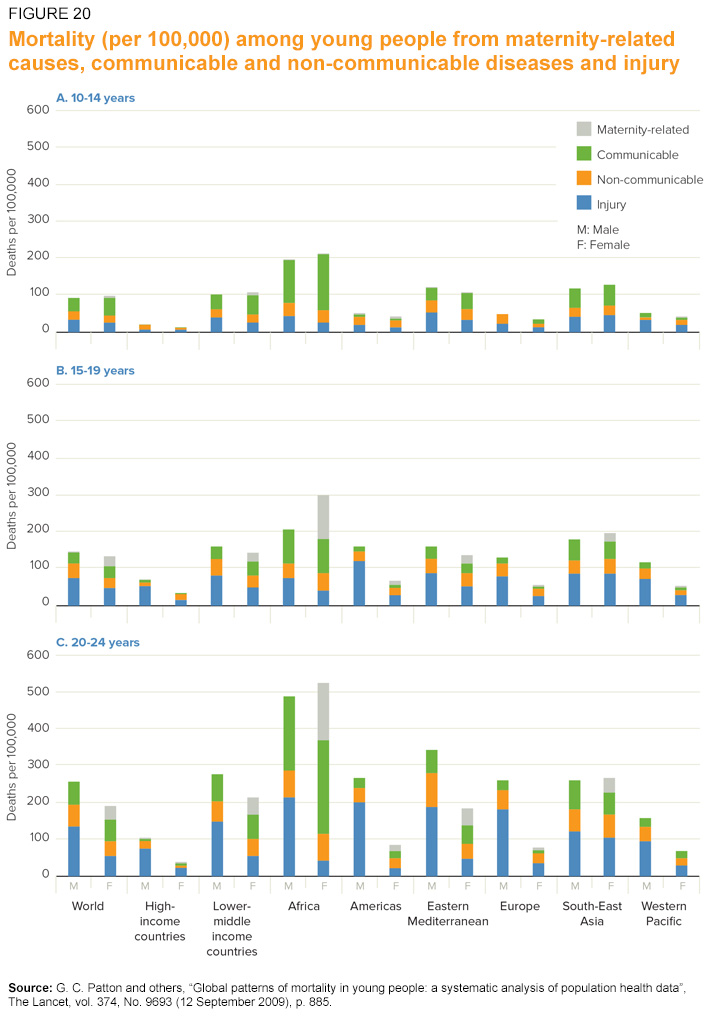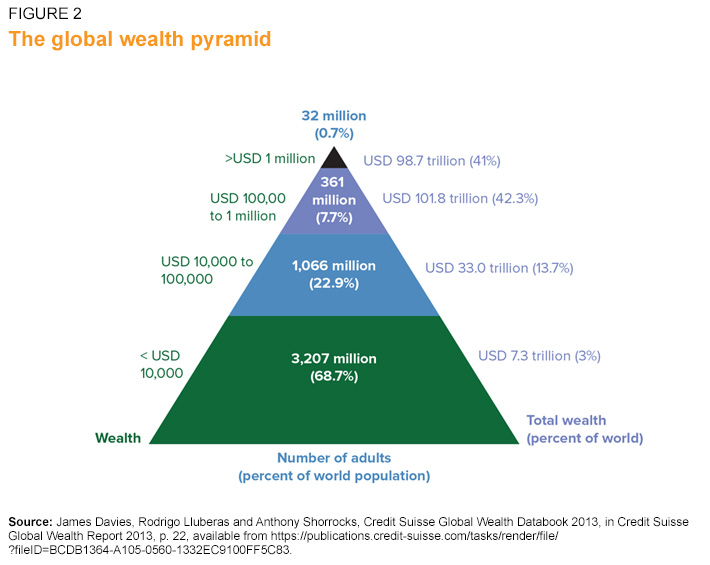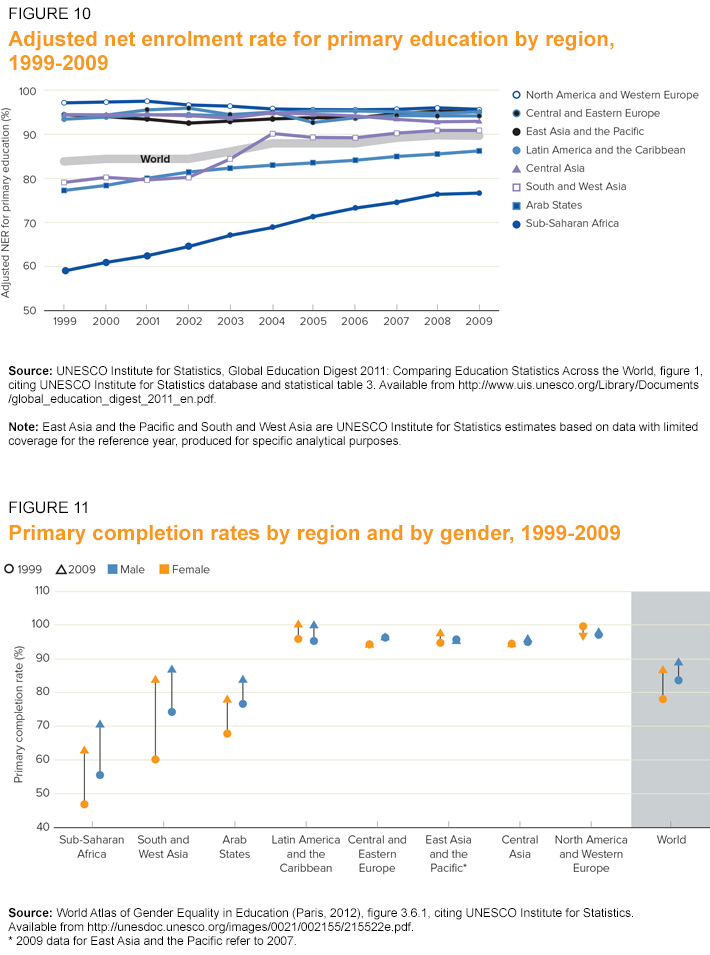Health and Well-Being: Ensuring Reproductive Rights
Learning and working hard within the school system is a big job that Adah is excited about and committed to continuing. There are hurdles, however, that are often beyond her control. In addition to her studies, Adah needs to stay healthy. Young people frequently struggle with bouts of extreme diarrhoea. This leaves them prone to dehydration and other related ailments that when left untreated can become deadly. The older generations experience their own health concerns—many battling constant, chronic illnesses like pneumonia. Malaria is an ongoing threat, with inconsistent access to prevention and treatment.
“The objectives in primary health care and the health-care sector are to increase the accessibility, availability, acceptability and affordability of health-care services and facilities to all people; to increase healthy lifespans and improve the quality of life of all people; and to reduce disparities in life expectancy between and within countries.”
All of these medical conditions are treatable with stable health care systems in place. When health facilities and other basic services aren’t easy to reach and don’t maintain consistent quality, Adah’s family and families like hers suffer greatly, losing opportunities to learn, work and enjoy a greater sense of well-being.
Adah’s mother, Fatima, is personally invested in Adah’s future being bright and fully realized. Motherhood hasn’t been easy on Fatima, and she’s very lucky to still be alive. Two of Adah’s siblings died during childbirth, probably because they were not born in a hospital. It wasn’t easy for Fatima and Adah’s father, Joseph, to get to a medical facility because of the lack of reliable access. When they did make it to the hospital, the care wasn’t safe. Fatima’s most recent pregnancy left her with a fistula, which caused great suffering until UNFPA provided her with fistula repair surgery. Overall, maternal and infant mortality still cause much anguish to Adah’s community.
“Adolescent birth rates declined from 1990 to 2010 across countries in all income groups and regions. Worldwide, more than 15 million girls aged 15-19 still give birth each year.”
And this is why secretly Fatima is very happy that Adah’s school has started offering programmes that teach students about sexuality. Comprehensive sexuality education focuses on teaching adolescents about their sexual health and reproductive rights. Joseph isn’t happy about this, however. “Why would a young girl need to have sexuality education? What are people going to think?” he asks. Joseph struggles with what is customary and traditional within his community, and with what he wants for his daughter and the women in his family. Indeed the topic of sex is taboo in their community. Civil society and community organizations have carefully navigated these sensitive issues with educational programming. This is how Fatima came to an empowering place where she is determined to do whatever she can to ensure Adah does not have to endure much of the agony that she barely survived. It is simple: Fatima wants Adah to live a longer, happier and healthier life.
This may be the case as their community is transitioning and further accepting that life can improve for everyone when all people are empowered—from the educated girl, to the mother who makes choices for her own body and fertility, to the grandmother who can grow old with all the services she needs to age comfortably. Right now, learning within a secondary school has set the foundation for a promising future for Adah.
“Early parenthood can increase the risk of poverty.”









